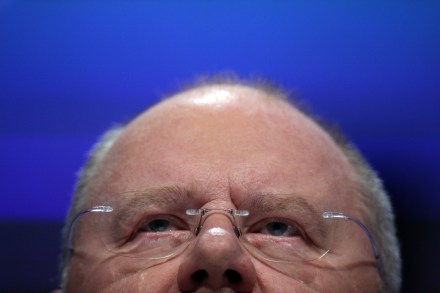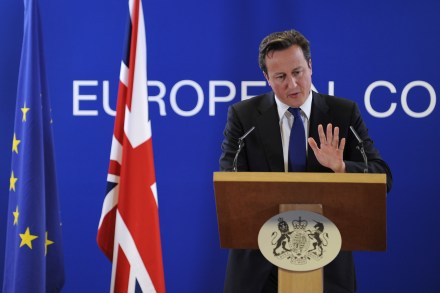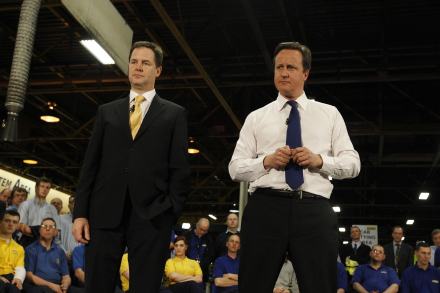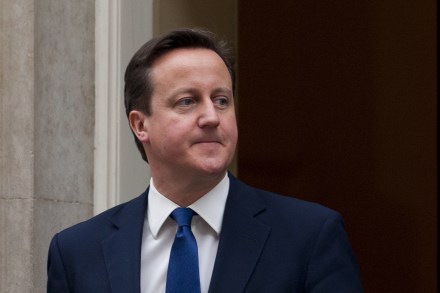Pickles struggles for an answer on growth
The government is desperate for economic growth but where can it find it? This was the question posed to Eric Pickles on the Sunday Politics today, but sadly he was unable to provide much of an answer. The Communities and Local Government secretary gave a blustering interview, where he reaffirmed William Hague’s view that ‘growth will come from government creating conditions for us to work a little bit harder.’ But when pushed by Andrew Neil on what this (slightly condescending) idea actually means, Pickles jumped on the chance to blame Labour for the ‘something for nothing culture’. Pickles did add that the government’s chosen sources of prosperity are business investment




















